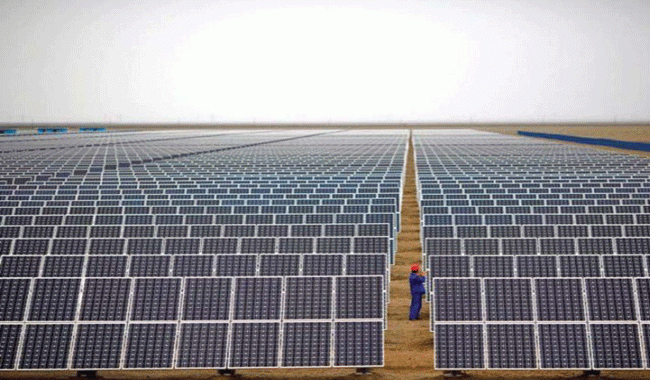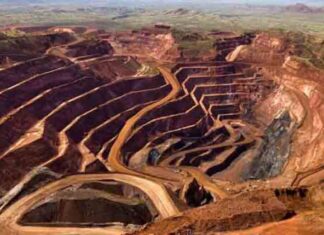High-quality solar maps have been launched in Pakistan through a partnered global initiative by Alternative Energy Development Board (AEDB) and the World Bank (WB). The initiative is likely to allow Pakistan to tap its renewable energy resources more efficiently and make use of the tremendous potential of solar energy.The new solar maps for Pakistan were launched at a workshop hosted by the AEDB and the WB in Islamabad.
The initiative has made Pakistan the first country to benefit from validated solar maps under a global initiative on renewable energy resource mapping, led by the energy sector management assistance program, a multi-donor trust fund administered by the World Bank.
Moreover, through the program Pakistan has also joined a small group of mainly developed countries, having access to duly validated and high quality solar energy maps available for planning and prospecting purposes. This initiative will facilitate investors in making more informed project decisions.
“With the costs of solar power having decreased significantly over the past couple of years, Pakistan now has the opportunity to unleash investment in solar energy without the need for subsidies,” said Anthony Cholst, Acting Country Director for the World Bank, Pakistan.
He further added that the World Bank has pleadged support to Pakistan government to realize the true potential of the clean and secure energy resourcs. He also added that the World Bank is already supporting Pakistan at all levels for the development of hydro-power sector reform and the strengthening of the transmission grid.
“These new solar maps will definitely ensure qualified improvement vis-a-vis previous studies, and will underscore the tremendous solar potential that exists across Pakistan,” said Amjad Ali Awan, Chief Executive Officer of AEDB.
The World Bank project on solar mapping in Pakistan includes field data being generated by nine solar measurement stations installed two years ago across the country.
“The project supports AEDB’s efforts to harness renewable energy in all the provinces by improving access to bankable data,” the World Bank statement said. “The solar maps used the latest solar resource modeling techniques, based on 18 years of satellite and global atmospheric data from 1999-2016.”























